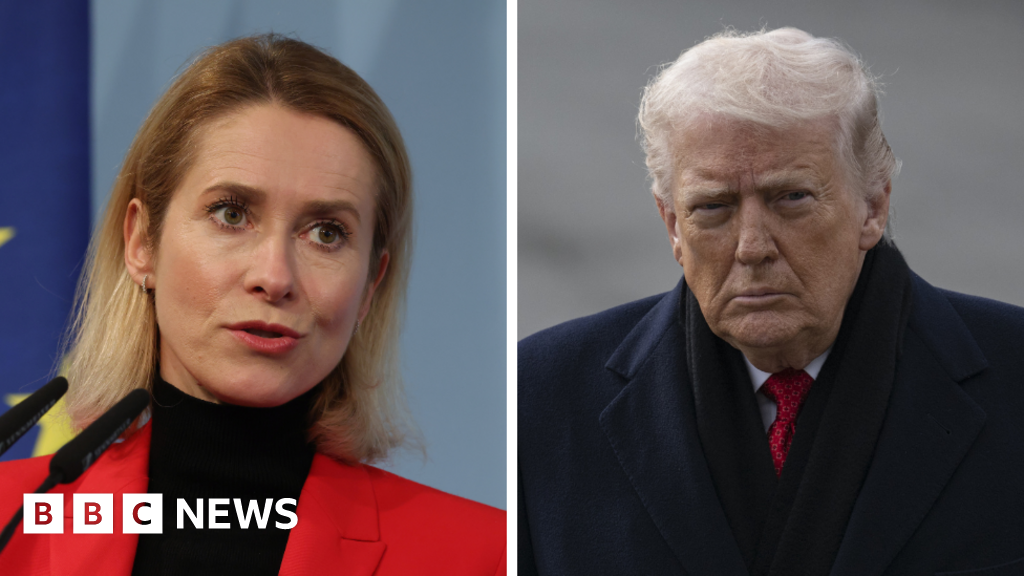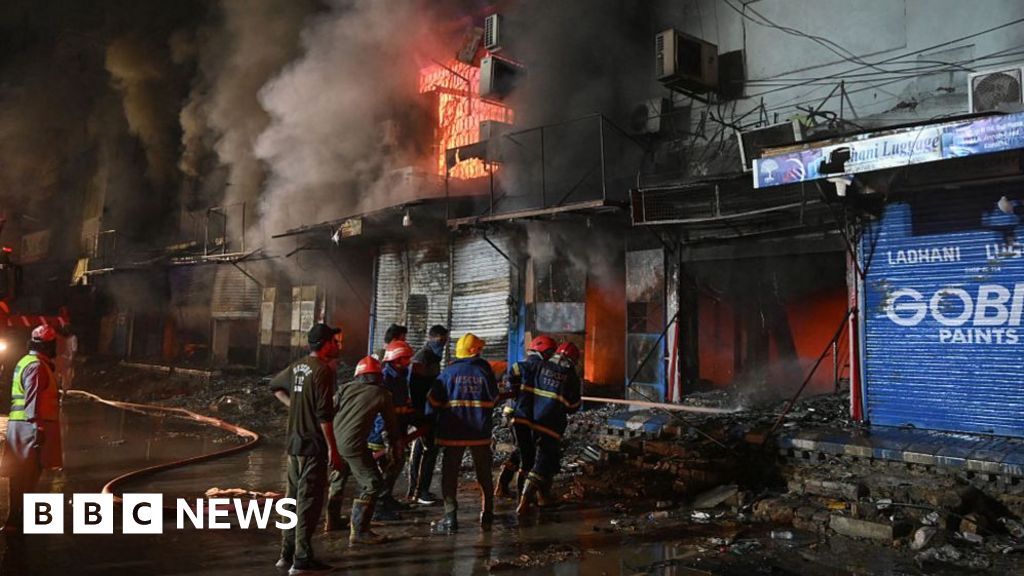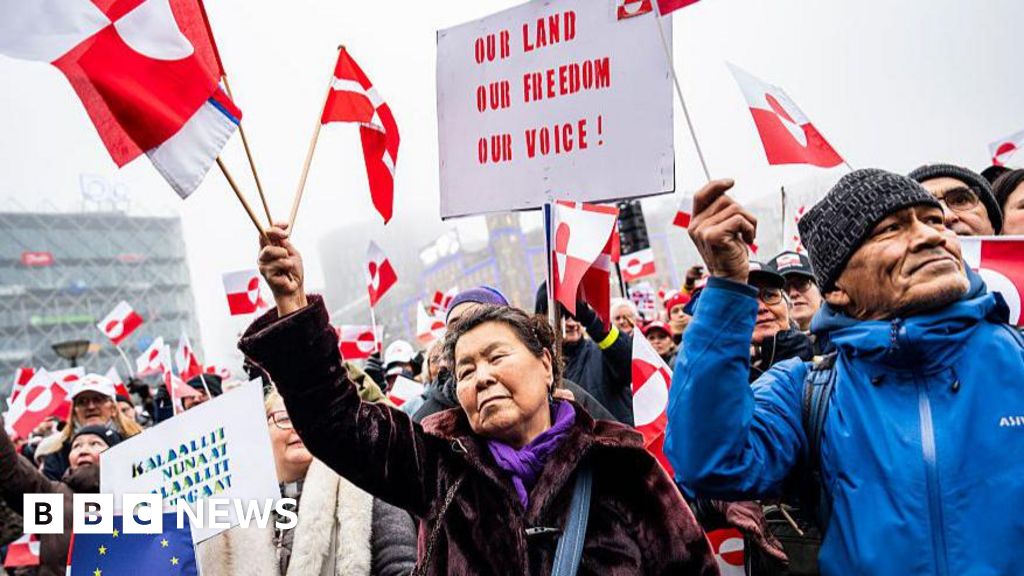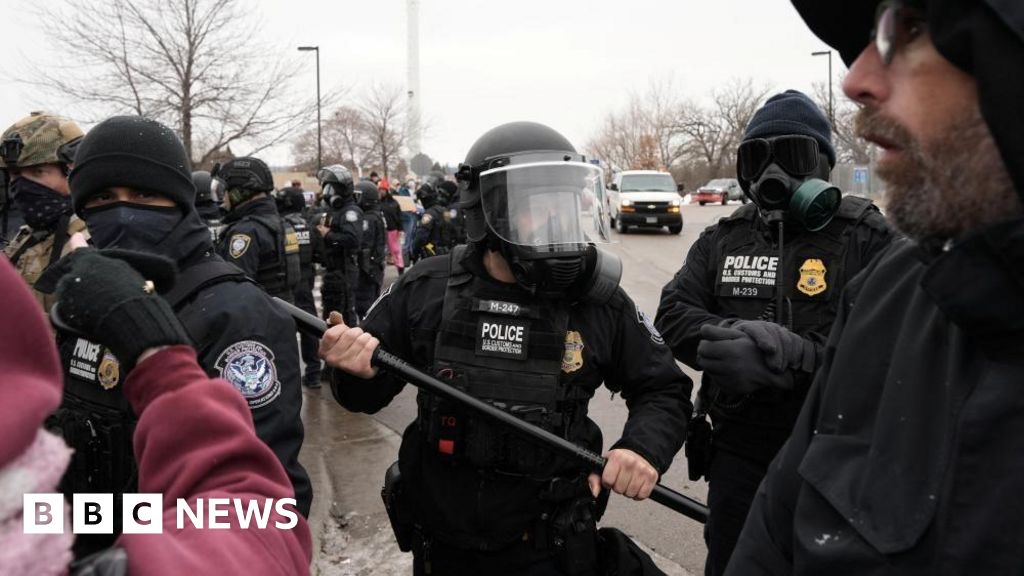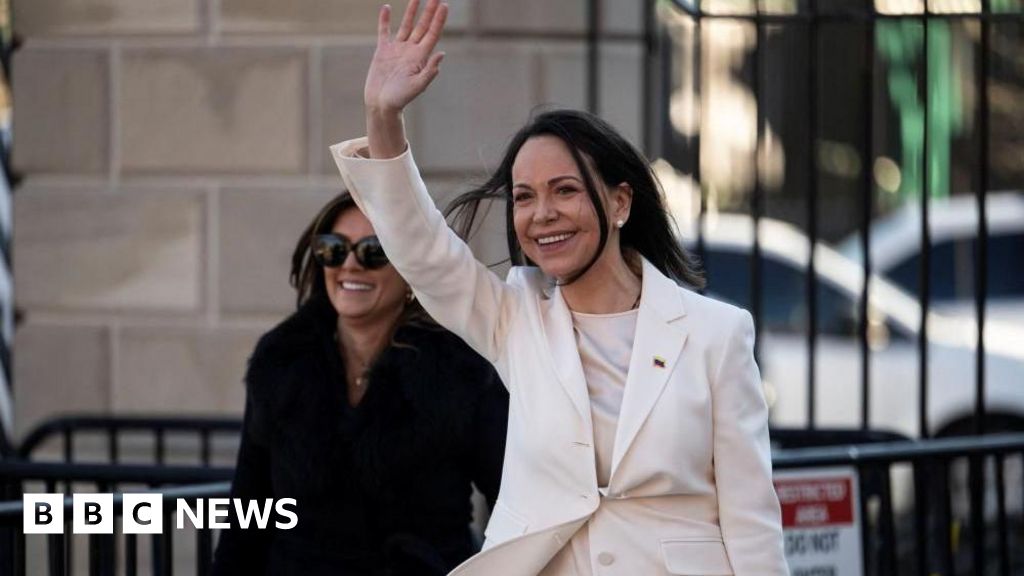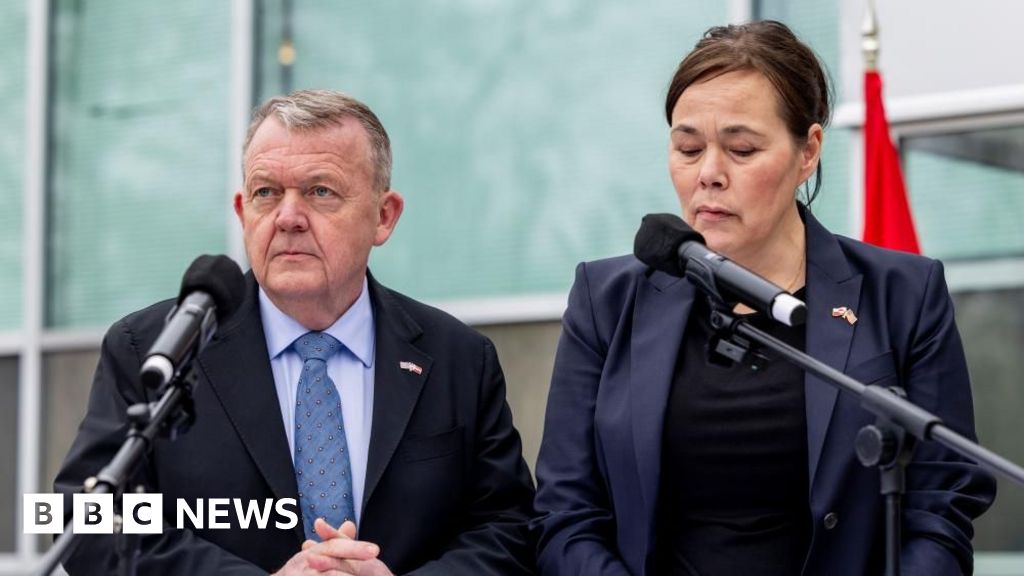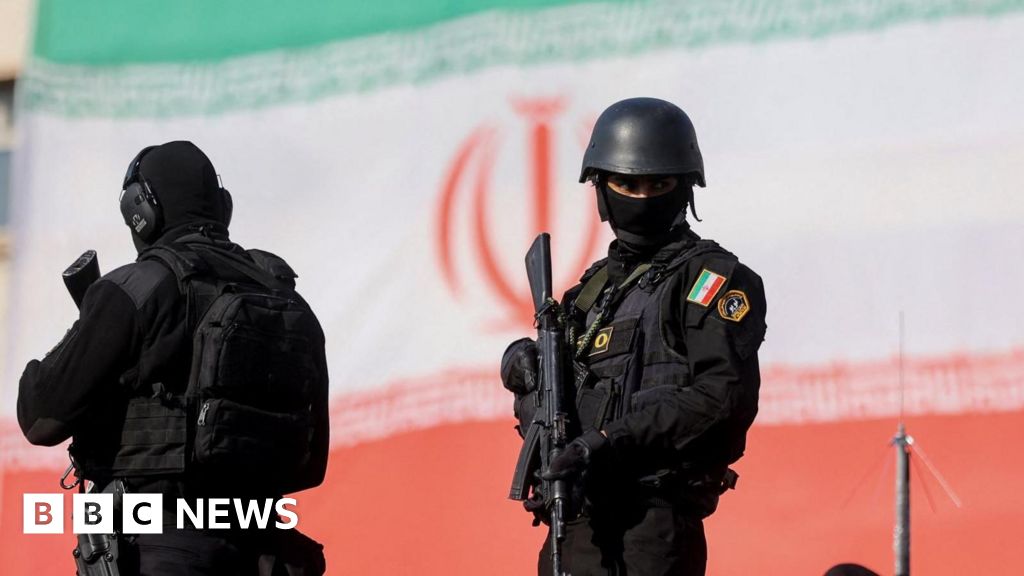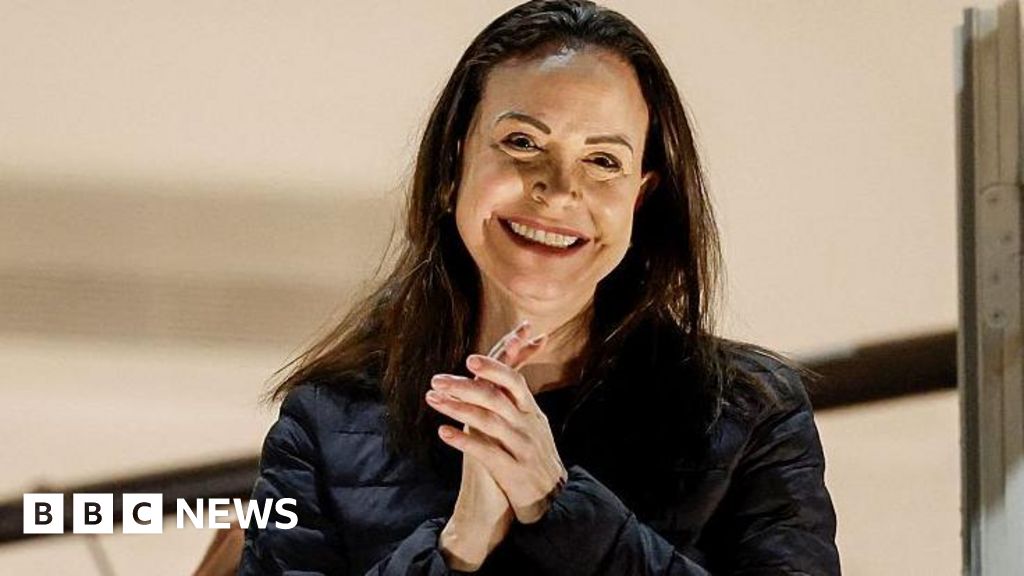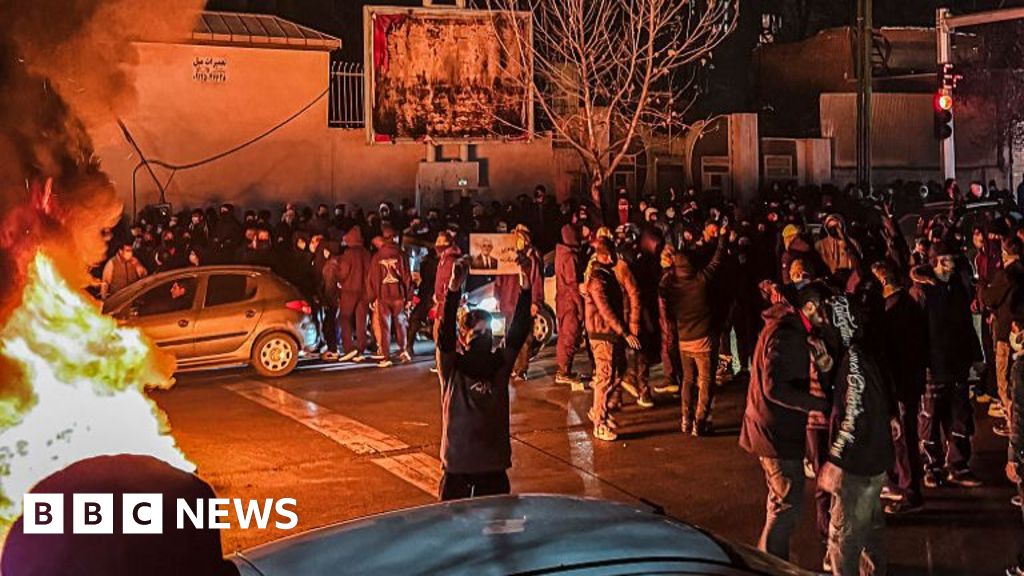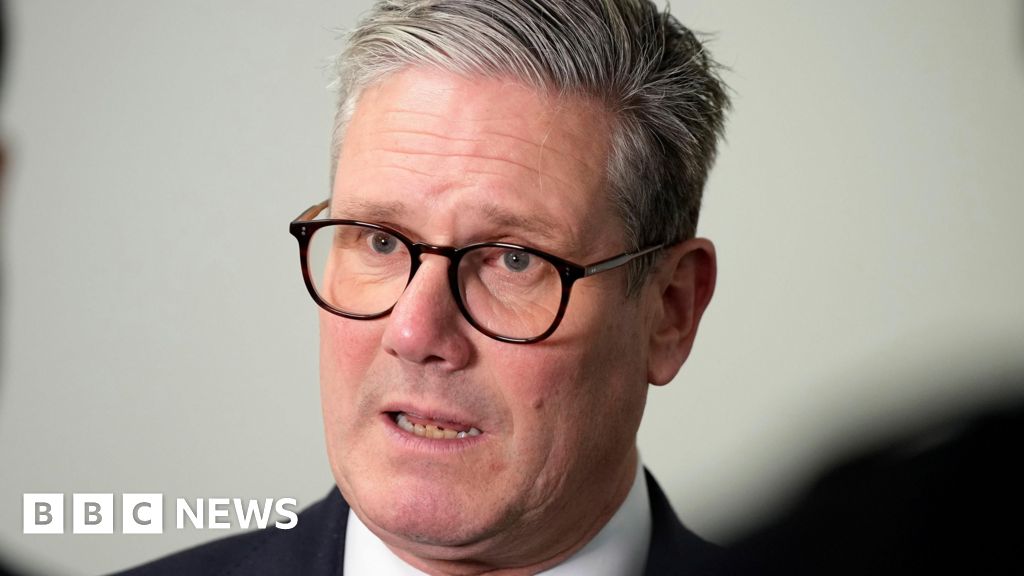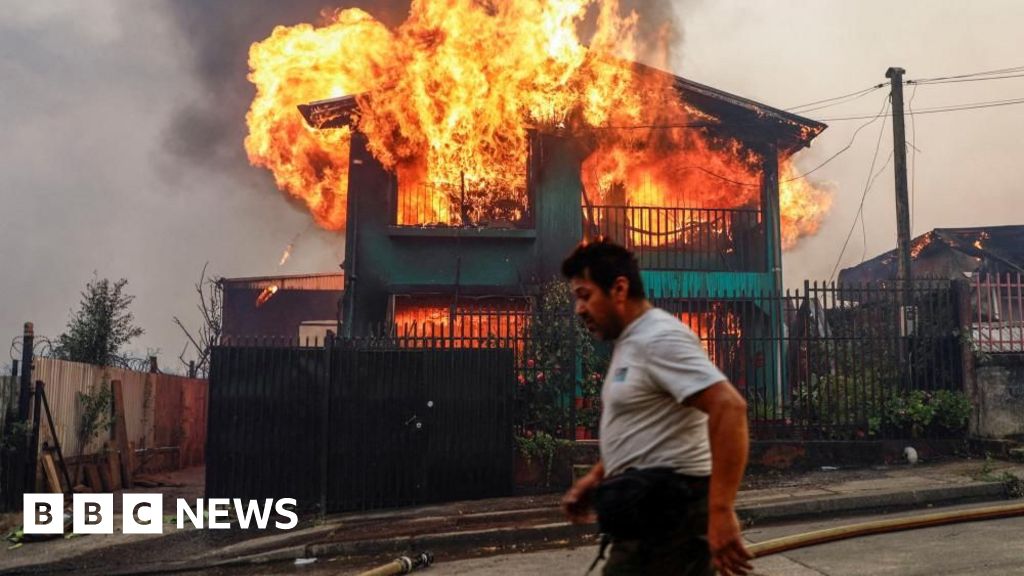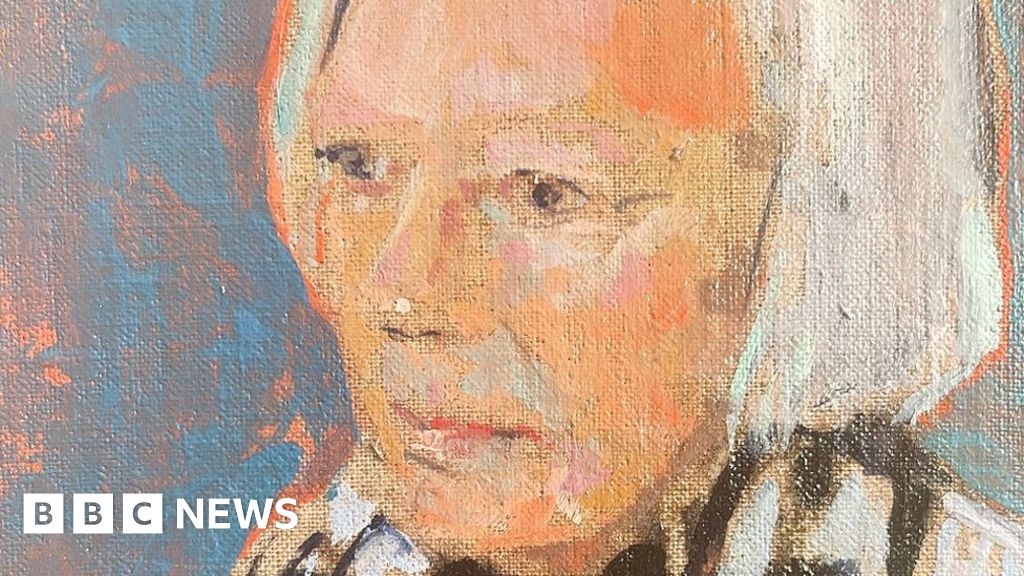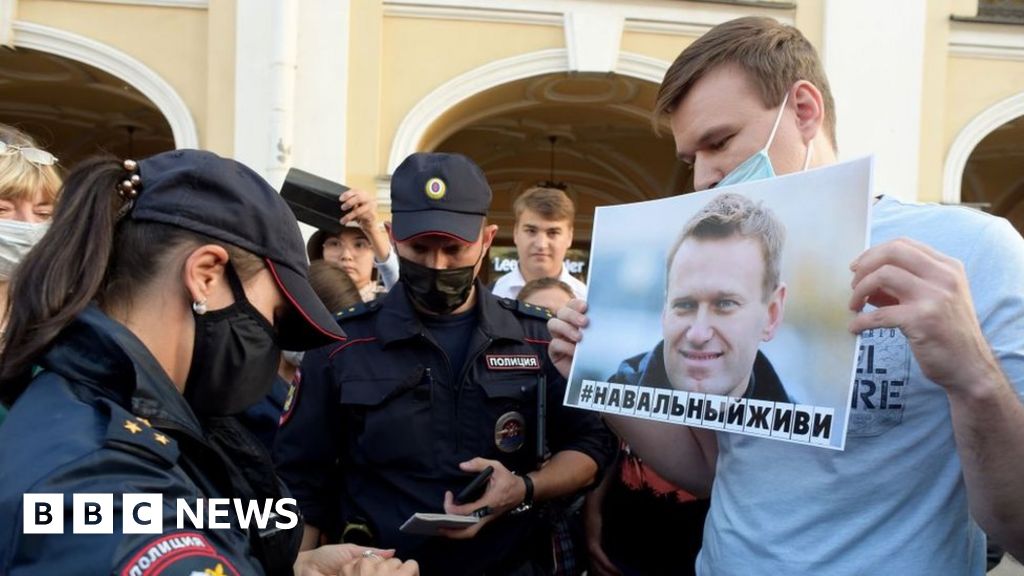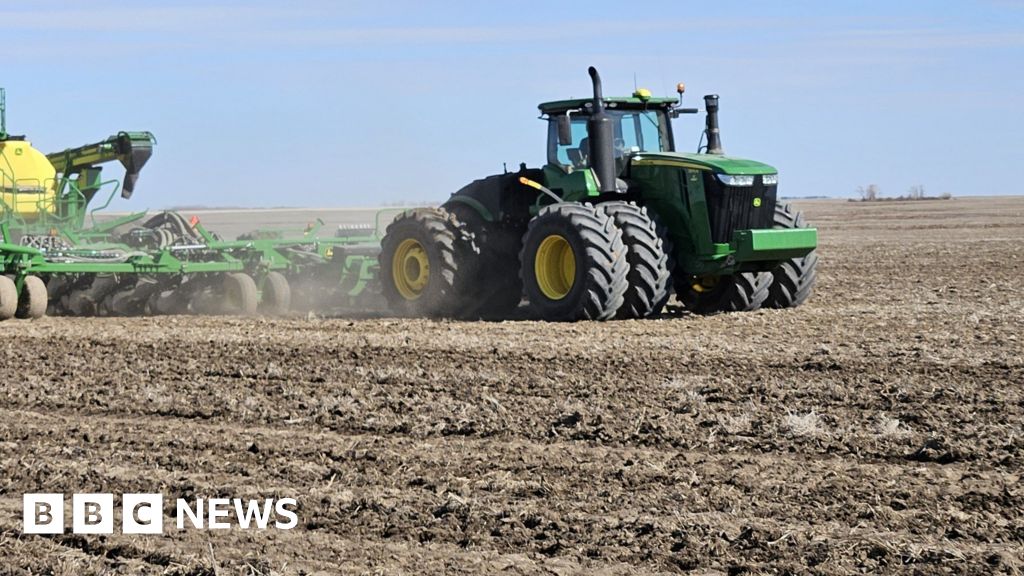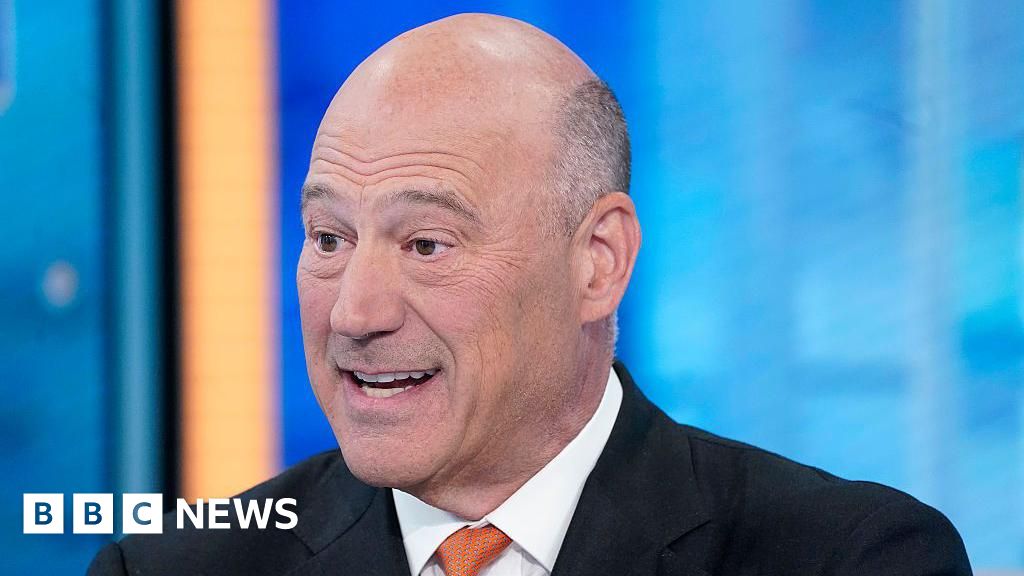By Mark Palmer, Assistant editor, BBC Wales News • David Deans, Political reporter, BBC Wales News
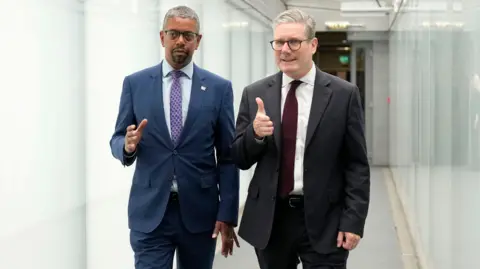 PA Media
PA MediaSir Keir Starmer has said he has great concerns over the future of Tata Steel as he visited Wales for the first time since becoming prime minister.
He met First Minister Vaughan Gething at the Senedd amid worries for employees at the giant Tata steelworks in Port Talbot, where thousands of people are facing redundancy.
Sir Keir’s new Labour government has said there was “a better deal available” with Tata but warned newer technologies would employ fewer people.
However, one union boss has said the UK government was “right up against it” if it wanted to delay the closure of Port Talbot’s blast furnace and save jobs.
Roy Rickhuss, the general secretary of the Community union, said there was a “real opportunity” to persuade Tata to keep blast furnace 4 operating beyond September.
Mr Rickhuss, whose union is the largest representing steelworkers in Port Talbot, said there were four to six weeks of negotiations to try and change direction but “we are up against it, time-wise”.
“We’re living in with this fear and uncertainty, it’s not in their interest to prolong the debate. We need to have these discussions quick,” he said.
‘Once those works go, this town is dead’
Jason Balston, 56, has worked as a contractor at the steelworks for 26 years and said: “I’m head of the trade union in my company and I’m going to see boys lose their jobs. I’ve seen grown men cry alongside me.
“I’m 56 and if I go, I go, but it’s the youngsters I worry about with mortgages and young families. they’ve not even thought about them.
“Once those works go this town is dead. It’s going to affect from Bridgend all the way to Llanelli,” he added.
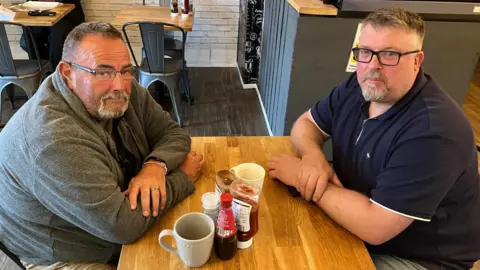
Marc Jerrard has been at the steelworks for 28 years and said: “I think a lot of people accept the works is coming to the end of its life.
“Give us a plan of action – some sort of knowledge of what sort of workforce you’re going to be requiring,” he said. “We just need some sort of clarity really.”
Sir Keir told journalists it was “very important for me to reset relations with Scotland, Northern Ireland and Wales”.
He said there had been “too much” conflict between the UK and Welsh governments over the past 14 years.
He said his election victory was a “gamechanger” which meant Labour government in Cardiff and London could work together.
“This is an early recommitment to what I said in the campaign, to come here physically on the third day, to have discussions with the first minister about the long term objectives and of course, about some of the pressing issues including Tata Steel”.
Sir Keir said Tata was “of great concern to me, to the first minister, and so many of the people here in Wales”.
Asked if he had been surprised by the state of the economy the prime minister said it was “in a bad state”, but he thought that was why there had been such a strong mandate for change, which the government had to get on and deliver.
Cardiff was the last stop for the PM after visiting Edinburgh and Belfast over the past couple of days.
‘We want a better deal than the Tories’
Ahead of the visit, Mr Gething told BBC Radio Wales Breakfast the previous Tory government was an “aggressive competitor”, not a partner.
“The fact that there’ll be an entirely new relationship will be a real benefit,” he said.
On Tata, Mr Gething would not be drawn on how many jobs he expects to be saved by negotiations with the new government, but said he did not want to see any compulsory redundancies.
“Tata have gone ahead with lots of their plans and I think we can be confident that Tata wanted to finalise their plans with the former UK government still in office,” said Mr Gething.
“Now there’s a different government with a different mandate with more [money] available to co-invest with the company.
“However, that does mean we want a better deal than the one they had with the Tories.”
On funding for HS2, the first minister said designating projects that only benefit England as England and Wales projects is “obviously a problem”.
However, when asked about the UK Labour government giving no guarantees that Wales would receive any additional HS2 funding, Mr Gething said he wanted to see fairness in the system “moving forward”.
In a statement ahead of the visit, Sir Keir said: “Wales has enormous untapped potential ready to be unleashed.
“Working in lockstep with the Welsh government and Vaughan [Gething], my government will place the people and communities of Wales front and centre as we move towards a decade of national renewal.
“That means turning the page on years of economic hardship, towards genuine shared prosperity for working people, so they see and feel real tangible change in their lives.”
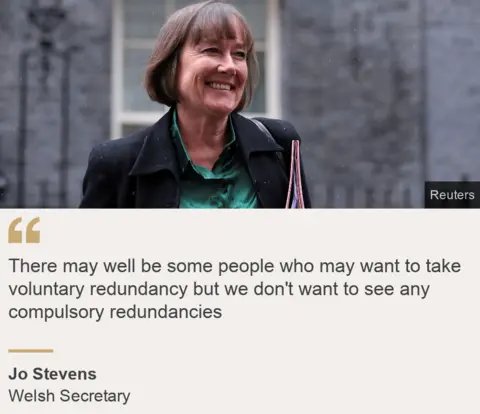 Reuters
ReutersThe Conservative leader in the Senedd, Andrew RT Davies, said Labour was just offering “words” on the steelmaker Tata.
“What steelworkers need is action”, he said.
He added: “The Welsh Conservatives are calling on the UK government to use absolutely every tool in the box to save jobs in our communities, and we would back any deal that saves those jobs.”
In a statement, Tata Steel’s UK chief executive Rajesh Nair congratulated Sir Keir on his victory and said he looked forward “to working with the new government on our shared goals of growing the production of green steel in the UK, and building a positive operating environment for this critical industry”.
Mr Nair added: “In the coming days and weeks we will be engaging with new ministers over our ambitious plans to invest in and transform Port Talbot with electric arc furnace steelmaking, and to supporting our workers through this necessary but difficult transition.”
Welsh Secretary Jo Stevens said Labour wanted more steel made in Wales and the UK.
“There is certainly a role for Tata to play in that and I want Welsh steel workers to be right at the front of that,” she told BBC Wales.
“There may well be some people who may want to take voluntary redundancy, but we don’t want to see any compulsory redundancies.”
Referring to Sir Keir’s visit to Wales, she said Labour’s landslide in the general election had created a “real mandate here for what we want to see, which is a cohesive United Kingdom with respectful, close working relationships between the first ministers, the deputy first ministers, ministers in Northern Ireland, and the prime minister”.
Additional reporting by Huw Thomas and Ben Price
